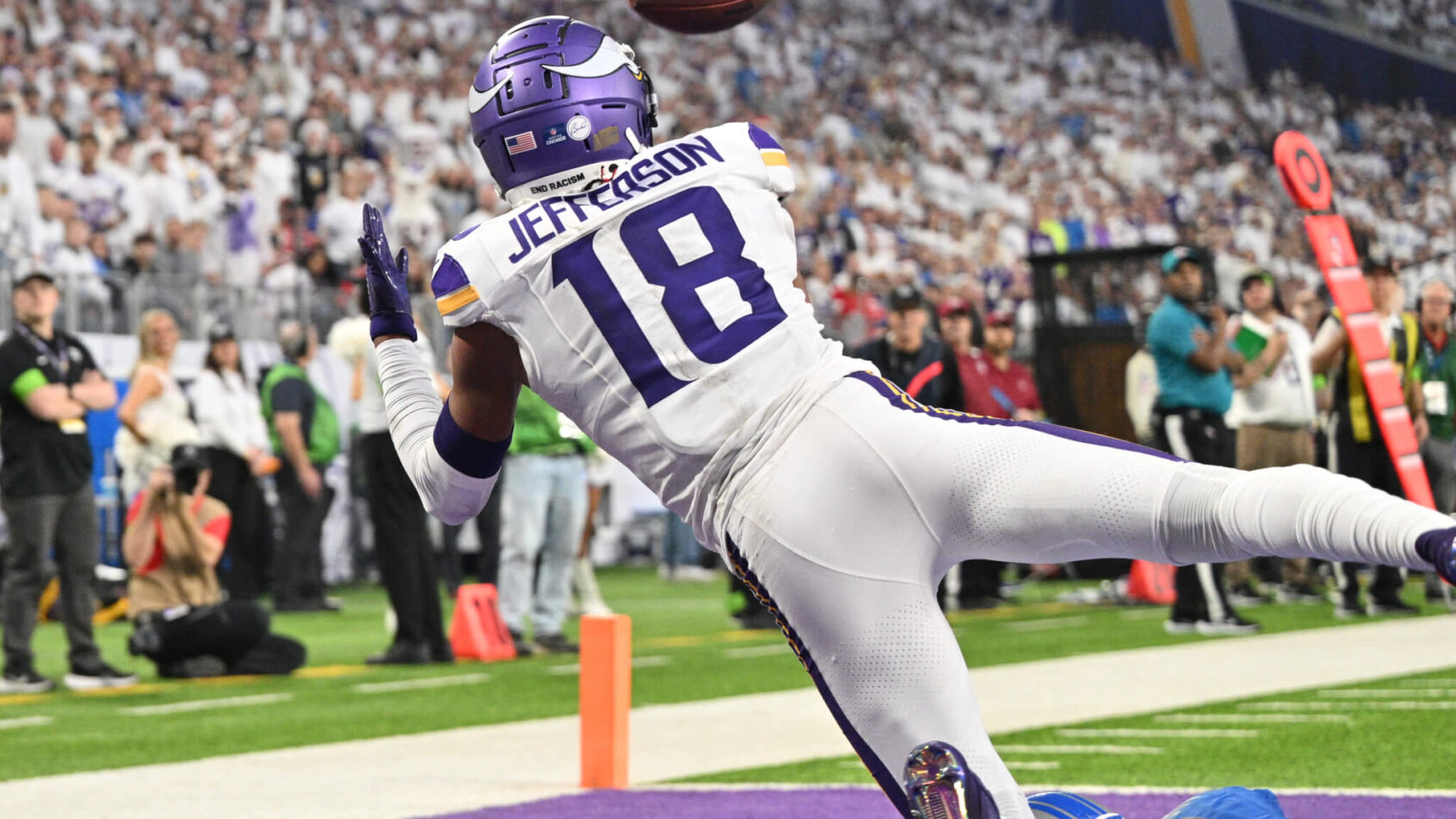More Changes Coming for Proposed Minnesota Sports Betting Bill
By Robert Linnehan in Sports Betting News
Updated: March 15, 2024 at 9:26 am EDTPublished:

- A Senate proposed sports betting bill today underwent another round of amendments
- The proposed tax rate increased from 10% to 20% and tax revenue distribution was changed
- The new amendments come a week after a prohibition on in-game sports betting was approved
A Senate proposed Minnesota sports betting bill today took another step forward, but not without undergoing several additional changes.
The Minnesota Senate Committee on Taxes moved Sen. Matt Klein’s (DFL-53) sports betting bill, SF 1949, ahead to the Senate Committee on Finance, but not before the bill’s tax rate was doubled and sports betting tax revenue distributions were altered.
Klein’s bill now taxes sports betting at a 20% rate and state charities will receive more revenue.
Minnesota Sports Betting Bill a ‘Work in Progress’
The bill, a holdover from the 2023 legislative session, has been drastically altered this month. Last week, the Minnesota Senate Commerce and Consumer committee approved an amendment to prohibit in-game sports betting in the bill. Proposed by Sen. Jordan Rasmusson (R-9), the amendment aims to allow regulators to take a “product safety approach” and add common sense tools to “mitigate some of the harms that can come from problem gaming.”
No state with legalized sports betting has a similar prohibition.
Today, Klein presented several additional amendments to his legislation. The changes include a tax rate increase from 10% to 20%, alterations to the sports betting tax revenue distribution, and new revisions to how promotion and free bets are deducted by licensed sports betting operators.
The committee approved the amendments, but several legislators noted that the bill is still a work in progress. Sen. Jeremy Miller (R-26) said he would vote in favor of the amendments to move the bill forward, but the legislation “isn’t there yet.”
“It’s a work in progress. I’ll be advocating for even more tax relief for our charitable organizations. This is a step in the right direction, but I feel we need to do more for our charities. I’ll also continue to advocate for more money and more flexibility for the horse racing tracks to help enhance the horse racing industry in the state of Minnesota,” he said.
An increase in the tax rate was a necessity for the state if legislators want to include the prohibition on in-game sports betting, Klein said.
The bill originally estimated more than $40 million in annual sports betting tax revenue for Minnesota, but with the in-game sports betting prohibition, and even with the new tax rate of 20%, the revenue estimate is now at just $18 million for the state, he reported.
“Despite doubling the taxation rate, those two protection measures have had a massive impact on expected revenues. That will be something to consider moving forward,” Klein said.
Klein did reveal during today’s meeting that the in-game prohibitions and its negative impact on wagering has “created some difficulties for our stakeholders.”
Last week, a representative for the Minnesota Indian Gaming Association reported the organization was not in favor of the approved prohibition for in-game sports betting.
“The license holders, the tribes, looking at how much revenue has been lost and how diminished the value of these licenses will be, they’ll have some concerns about that provision going forward,” Klein said.
Sports Betting Tax Distribution Amendments
The distribution of sports betting tax revenues will also be changing in the bill. Under the new distribution method, proposed sports betting tax revenues to Minnesota racetracks will not be capped (they had an original cap at $20 million, and then just $3 million thereafter) and state charities will receive a higher cut.
Klein presented the following tax revenue distributions:
- 5% to the Minnesota Racing Commission for grants to licensed racetracks
- 5% to the commissioner of education for grants to the Minnesota State High School League
- 10% to the commissioner of human services for compulsive gambling treatment and problem gambling awareness programs
- 15% to the director of Explore Minnesota Tourism for grants to Minnesota sports and events
- 20% to the commissioner to issue payments to charitable organizations
- 45% to the general fund
Finally, Klein also changed how licensed sports betting operators can deduct free or promotional bets. Operators will be able to deduct these types of bets from launch through Jan. 1, 2028, and then the deductions will be reduced by 25% each year over the next four years. The deductions will no longer be available starting Jan. 1, 2031.
Sports Betting Bill Details
Klein’s sports betting bill is a Senate companion piece to Rep. Zack Stephenson’s (DFL-Coon Rapids) bill, HF 2000, which seeks to legalize retail and online sports betting for Minnesota state tribes. The proposed legislation gives tribes sports betting exclusivity, allowing each to have a retail sportsbook location and one digital skin to offer online sports betting.
The following tribes would be eligible to offer retail and/or online sports betting if the bill is approved:
- Bois Forte Band of Chippewa
- Fond du Lac Band of Lake Superior Chippewa
- Grand Portage Band of Chippewa
- Leech Lake Band of Ojibwe
- Lower Sioux Indian Community
- Mille Lacs Band of Ojibwe
- Prairie Island Indian Community
- Red Lake Nation
- Shakopee Mdewakanton Sioux Community
- Upper Sioux Community
- White Earth Nation
If approved, the bill would go into effect on July 1, 2024.

Regulatory Writer and Editor
Rob covers all regulatory developments in online gambling. He specializes in US sports betting news along with casino regulation news as one of the most trusted sources in the country.



